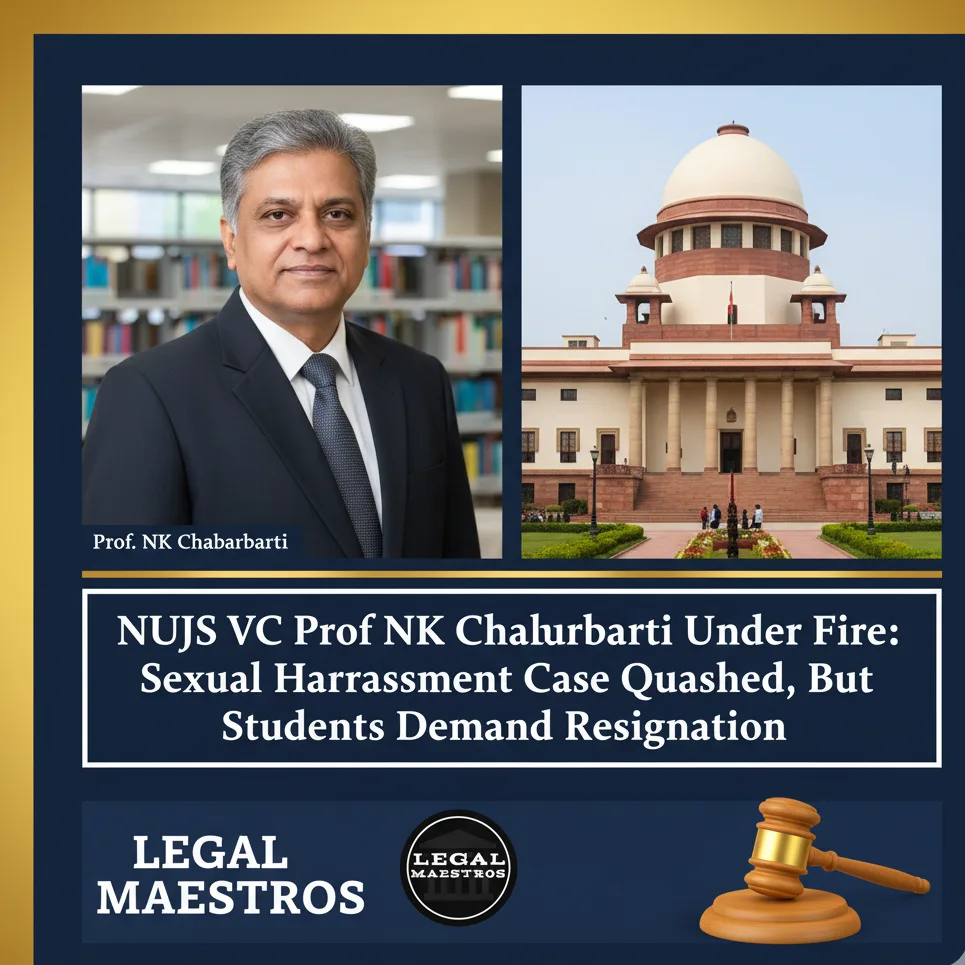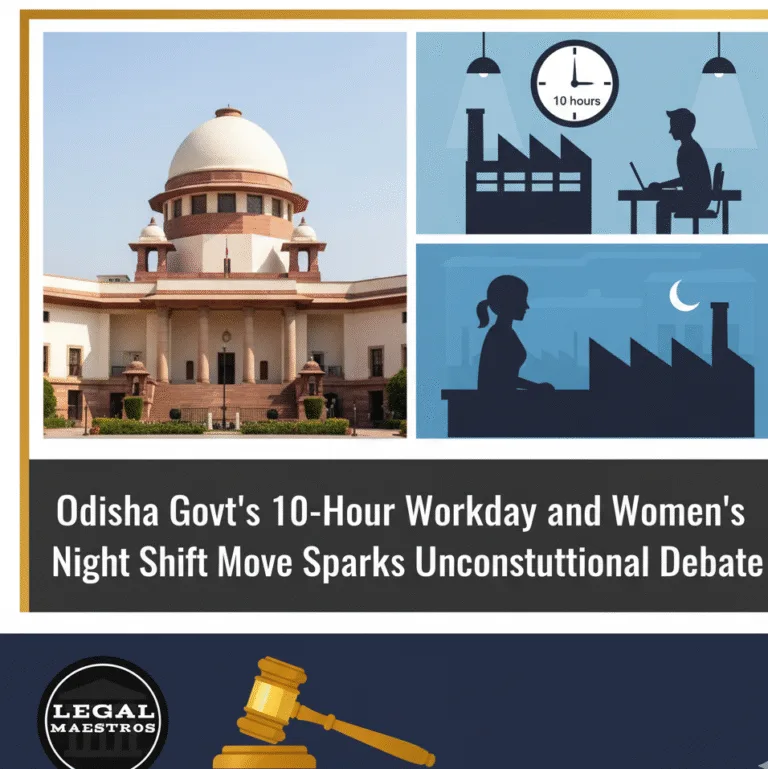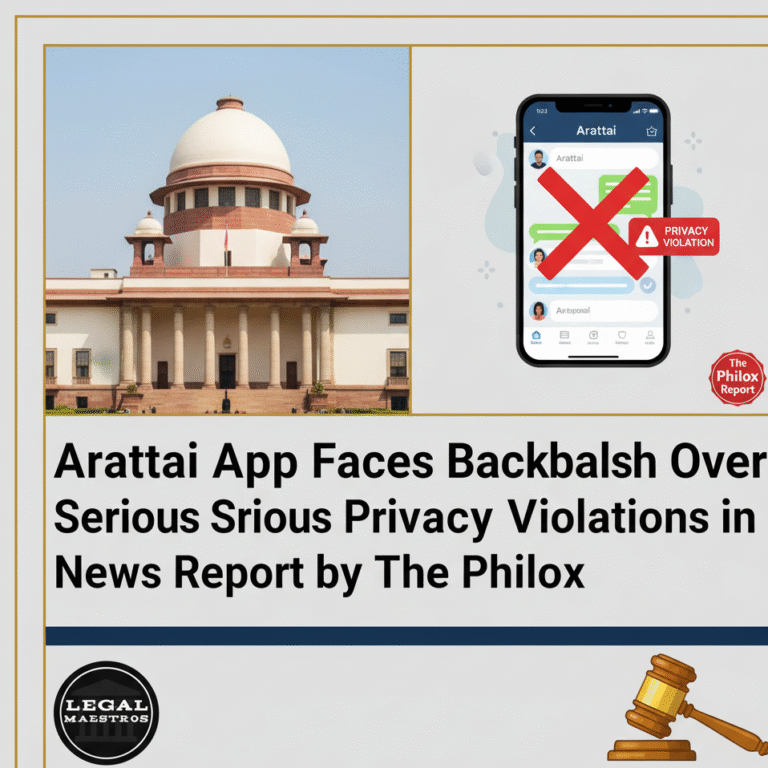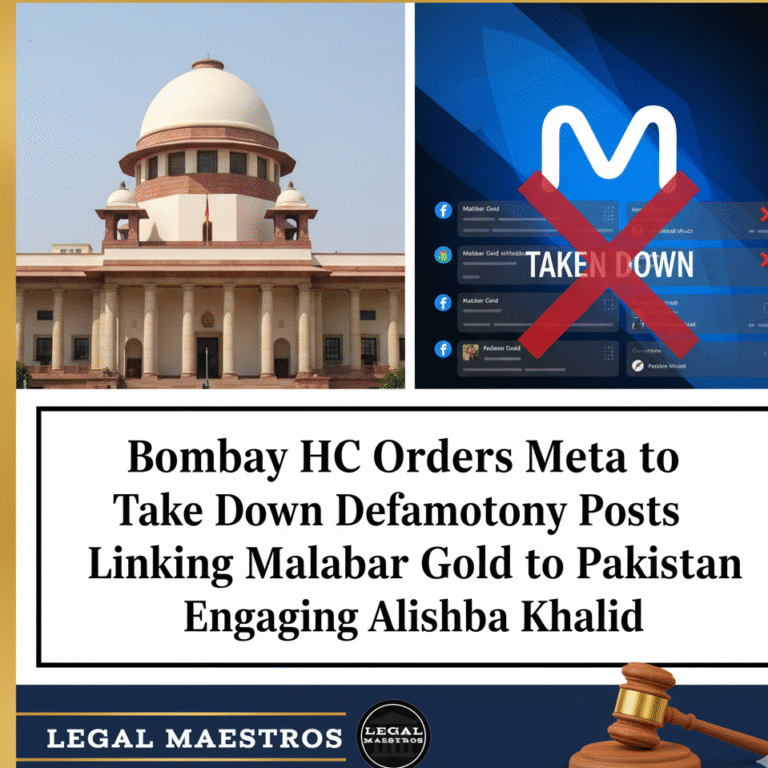
NUJS VC Prof NK Chakrabarti Under Fire: Sexual Harassment Case Quashed, But Students Demand Resignation
The Legal Exoneration of the Vice-Chancellor
The gist of the new turn of events is the ruling of the Calcutta high court. The court took action to stifle the process and the report of the university Internal Complaints Committee (ICC) about a sexual harassment complaint lodged against Prof. Chakrabarti by a former employee. This legal order is a very effective way of watering down the complaint both procedurally and legally giving the Vice-Chancellor a big break.
The decision by the High Court to quash the complaint was said to have been on both legal and procedural grounds. This type of ruling is common when a court determines that the investigating body did not follow the laid down process properly in this instance, the ICC. This may be in the form of the composition of the committee, failure to observe the principles of natural justice or lack of enough material to prove the complaint and end the proceedings.
In the eyes of Prof. Chakrabarti and the university administration, the decision of the court is a full vindication. It gives a legal ground to claim that the allegations were unfounded and to assert that the complaint was not dealt with in a proper manner by the internal committee. With this court order in hand, the Vice-Chancellor is justified to say that he has undergone the due process of law and can be exonerated of the charges.
This has been the point of contention of this legal clearance. Although it has solved the situation according to the law, it has not addressed the underlying issues of the student body. The case being quashed over what might be considered as a technicality has not helped the students to trust in the leadership and as a result the current stalemate with a legal win doing little to curb the dissent on campus.
Students’ Unwavering Demand for Resignation
The NUJS Student Bar Association (SBA) has continued to insist on the resignation of the Vice-Chancellor although the High Court ruled to the contrary. It has been evident that the students are protesting not only against the sexual harassment claim but the protest is based on a number of grievances that have been unresolved long before the present incident. They say that the suppressed complaint is just a tip of an iceberg of administrative ineptitude and incompetence.
Student representatives have mentioned various issues in their official utterances that have supposedly bedeviled the university in the leadership of Prof. Chakrabarti. These are lack of transparency in the administrative decision making, inadequate maintenance of campus facilities, unreasonable increase in fees, and overall inefficiency in responding to student welfare issues in a timely and effective manner. They think that these accumulative failures have resulted in the creation of a climate that does not favour learning.
The students maintain that a Vice-Chancellor of a National Law University has high level of moral and ethical accountability to bear which goes beyond legal obligation. They believe that the person that leads their institution should be someone who makes them feel confident as well as one of the highest standards of integrity. They allege that the current administration has not fulfilled this basic requirement and so disintegrated the spirit of trust.
Thus, the resignation has been packaged as a request to be held accountable and to reform the system. The students interpret the need to kick start the process of restoring a transparent, responsive, and student-focused administration by the ousting of the current Vice-Chancellor as the first step. To them, the court decision in one case fails to wipe the memory of what they consider a characteristic course of bad governance that has adversely affected their school lives.
A Deepening Crisis of Institutional Trust
The current impasse at NUJS is in the end an institutional trust crisis. It also seems that the relationship between the university and its most significant stakeholders, the students, is really broken. An instance of the leader of an institution being within a legally sound position but defeated on the moral front by the student body is unsustainable in the long-term health of the university.
The job of a Vice-Chancellor is not one of an administrator or even of a chief executive, but is instead of the academic and ethical guide to the institution. Goodwill and cooperation of faculty and students are very essential to them in their ability to lead effectively. Those roots of trust destroyed can result in administrative paralysis, a poisoned campus climate, and a drop in the reputation of the university.
This poses a dilemma to all the parties. Prof. Chakrabarti has no legal duty to resign in accordance with a High Court order in his support. Conversely, the students are asserting their democratic right to complain and hold them accountable thus posing an unending form of conflict to the normal operations of the university. Such stalemate does not favors anybody and negatively affects the academic environment.
What happened at NUJS is representative of a larger movement in higher education whereby students are now more vocal on their demands of transparency and a sense of accountability on leaders. It proves that in the contemporary university, a legal requirement to rule is not enough anymore. Good leadership involves the social and moral license by the community and without this, then even a legally sound administration may experience a crisis of legitimacy.




